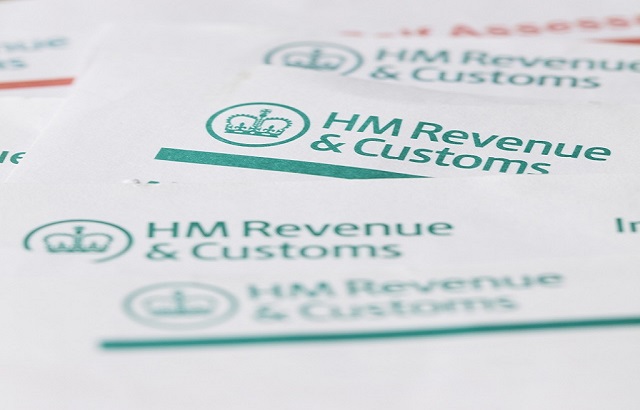UK taxman HM Revenue & Customs (HMRC) does not collect data on how many people exceed the Money Purchase Annual Allowance (MPAA) threshold, a freedom of information (FOI) by Aegon revealed.
The MPAA is triggered once a person accesses their pension flexibly and limits their contributions to £4,000 from the standard £40,000 ($55,207, €46,567) a year.
But the insurer said that the lack of data means that many people aged over 55 may not know their contributions have been capped, especially if they have taken money from their pots to cope with loss of income or employment during the pandemic.
In its response to the FOI, HMRC said it cannot tell how many individuals have paid contributions above the annual allowance and incurred in an additional tax charge.
The taxman, however, said that it does collect information from individual tax returns, as those who breach the MPAA must submit a self-assessment form.
But the tax returns do not distinguish between those who have gone over the £40,000 limit and those who exceeded the MPAA, Aegon said.
‘Concerning’
Steven Cameron, pensions director at Aegon, added: “There are widespread concerns that the MPAA of £4,000 has been set too low. It’s very concerning that HMRC isn’t collecting the detailed data to show the scale of the issue and how this is changing over time.
“We fear the MPAA is catching an increasing number of over 55s who take some of their pension flexibly, without realising the limit this places on future pension contributions, including through auto-enrolment workplace schemes. Anyone who does pay above the MPAA is subject to a tax charge.
“The pandemic has caused major disruption to many individuals’ employment or income, and many more over 55s may have turned to taking benefits from their defined contribution pension as a temporary source of income to tide them over.
“Hopefully, those who want to, may regain employment and want to continue to save for a future retirement. But many, including some on moderate incomes, could find the MPAA places a limit on future contributions, denting their ability to get their retirement plans back on track.
“It’s very concerning that HMRC isn’t collecting data on how many people are affected by this. Their data combines this group with those breaching the £40,000 standard annual allowance, or the tapered annual allowance, both of which consist of a very different population of people, mostly high earners, including those receiving a boost to their defined benefit pension because of a large salary increase.
“We urge HMRC to update the data it collects, to reveal the number of people whose retirement plans are being damaged by such a low MPAA. In the meantime, we would encourage the government to urgently consider increasing the MPAA from £4,000 back to its original level of £10,000.”
Pensions underpayment ‘scandal’
In other news, the Department for Work and Pensions (DWP) has come under fire after a National Audit Office (NAO) report revealed retirees were underpaid state pensions by around £1bn.
According to the NAO, errors go as far back as 1985, with the biggest underpayment being of £128,000.
Many of those affected have since died, and the DWP does not seem to have a plan to deal with such cases.
Steve Webb, partner at LCP said: “This report highlights the fact that DWP failed to act over a period of many years when errors were found in state pension assessments. Tens of thousands of married women, widows and the over 80s have been underpaid, with arrears in some cases exceeding £100,000.
“It is very worrying that errors are still being made as part of the correction exercise, where the highest standards of quality control should be in force. DWP also needs to do everything it can to track down the families of pensioners who have sadly died and never received the pension they were due.
“We now need full transparency from DWP about the correction process, with regular updates and a full explanation of exactly which cases are being reviewed. It should also explain how these errors were allowed to go on for so long and what lessons have been learned.”
Tom Selby, head of retirement policy at AJ Bell, added: “The 94,000 people still alive who are owed money by the DWP need to get it back as soon as possible. They also deserve answers about how this was allowed to happen over such a long period of time.
“Once compensation has been paid, the government needs to undertake a comprehensive review of its processes to ensure these mistakes are never repeated.
“Trust in pensions is fragile at the best of times and failures such as this will not help. Sadly, it will likely take years, if not decades, to rebuild the confidence lost as a result of this scandal.”








